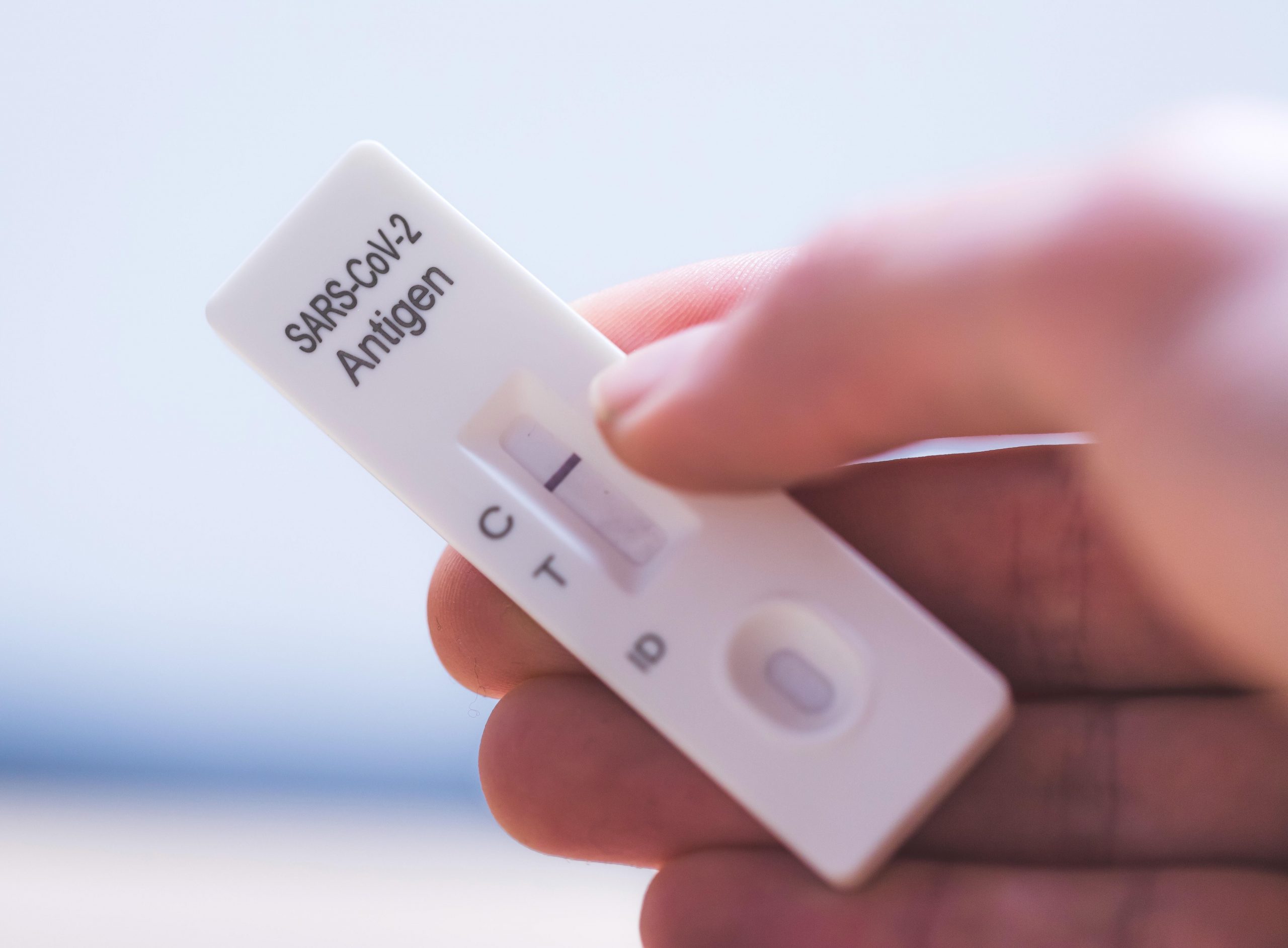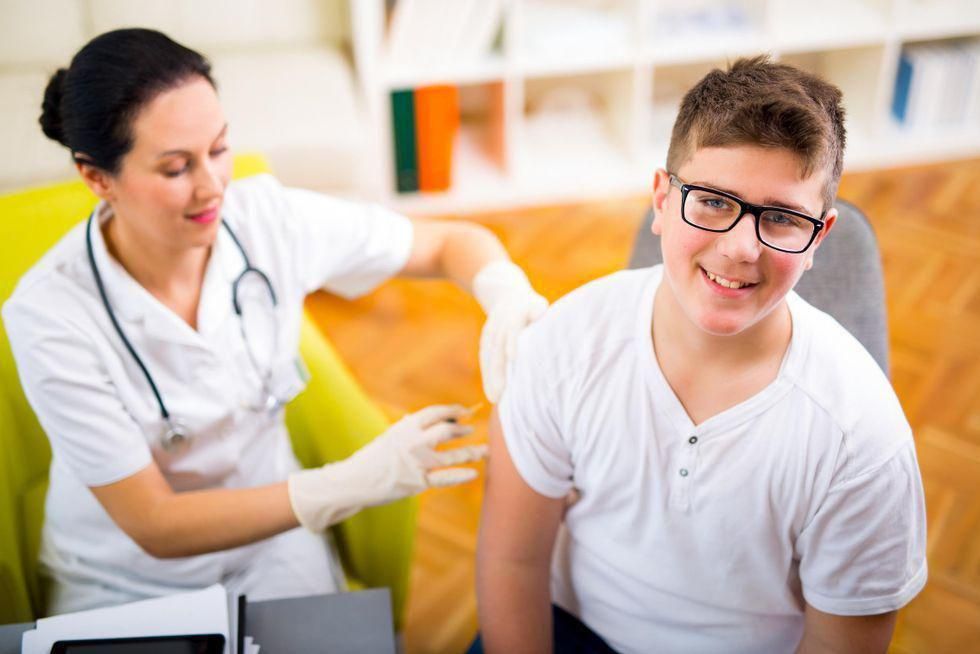
A drug developed for an autoimmune disease shows promise in treating a potentially life-threatening inflammatory condition in children who’ve had COVID-19, researchers say. The rare condition is called multisystem inflammatory syndrome in children (MIS-C). It typically develops weeks to months after a child has had mild or even asymptomatic COVID-19. “Working collaboratively, we’ve been able… read on > read on >






























